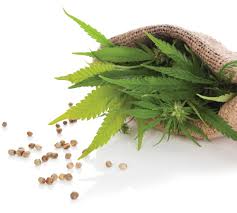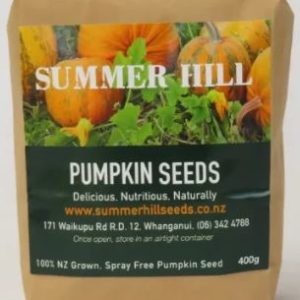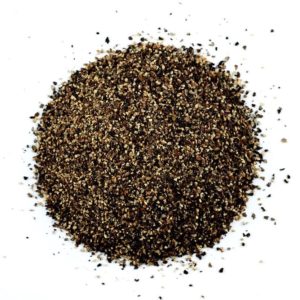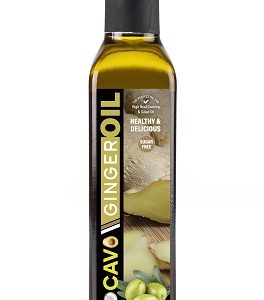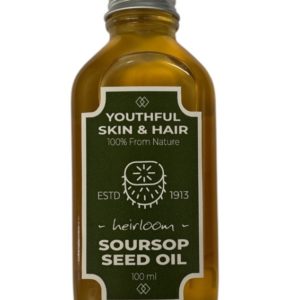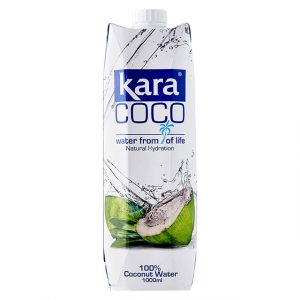What is Hemp?
Hemp, also known as industrial hemp, is a variety of the Cannabis sativa plant cultivated for its fiber, seeds, and other uses. It’s distinct from marijuana, another cannabis cultivar, primarily due to its low tetrahydrocannabinol (THC) content, the psychoactive compound in cannabis. Hemp is a versatile crop, used for a wide range of products, including textiles, paper, biodegradable plastics, and even as a food source.
Here’s a more detailed look at hemp:
Key Characteristics:
- Cannabis Sativa: Hemp is a specific type of Cannabis sativa plant.
- Low THC Content: Hemp is cultivated to have very low levels of THC, typically below 0.3%, making it non-psychoactive.
- Rapid Growth: Hemp is known for its fast growth rate, making it a sustainable resource.
- Versatile Uses: Hemp can be used for a wide range of products.
Uses of Hemp:
- Textiles: Hemp fibers are strong and durable, making them suitable for clothing, rope, and other textiles.
- Paper: Hemp can be processed into paper pulp, offering an alternative to wood-based paper.
- Construction: Hemp can be used in building materials like insulation and concrete.
- Biodegradable Plastics: Hemp fibers can be used to create biodegradable plastics.
- Food: Hemp seeds are a nutritious food source, rich in protein, omega-3 and omega-6 fatty acids.
- Animal Feed: Hemp seeds and stalks can be used as animal feed.
- Biofuel: Hemp can be processed into biofuel.
- Other: Hemp can also be used in cosmetics, paints, and other products.
In essence, hemp is a sustainable and versatile plant with a wide range of applications, making it a valuable resource for various industries.

